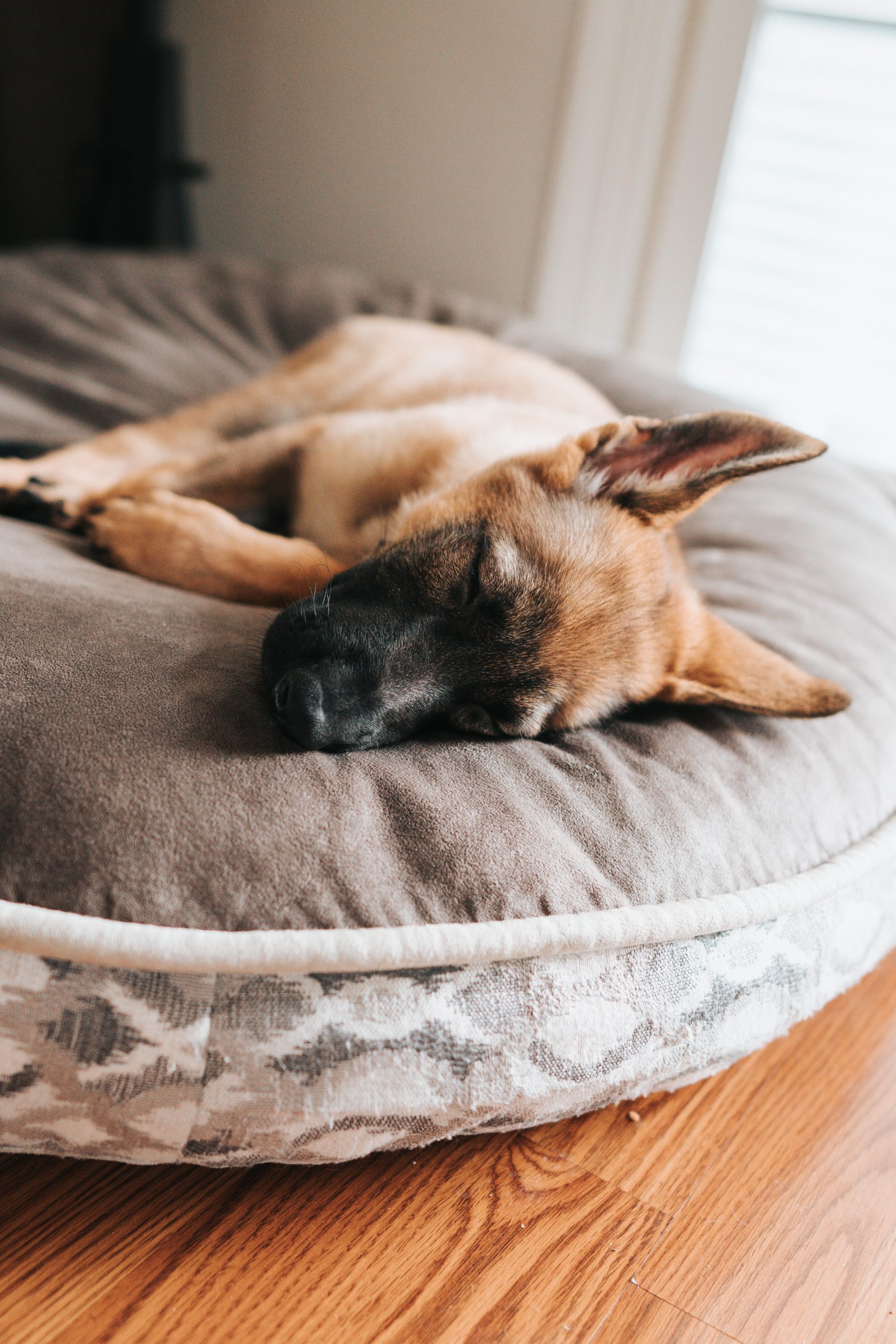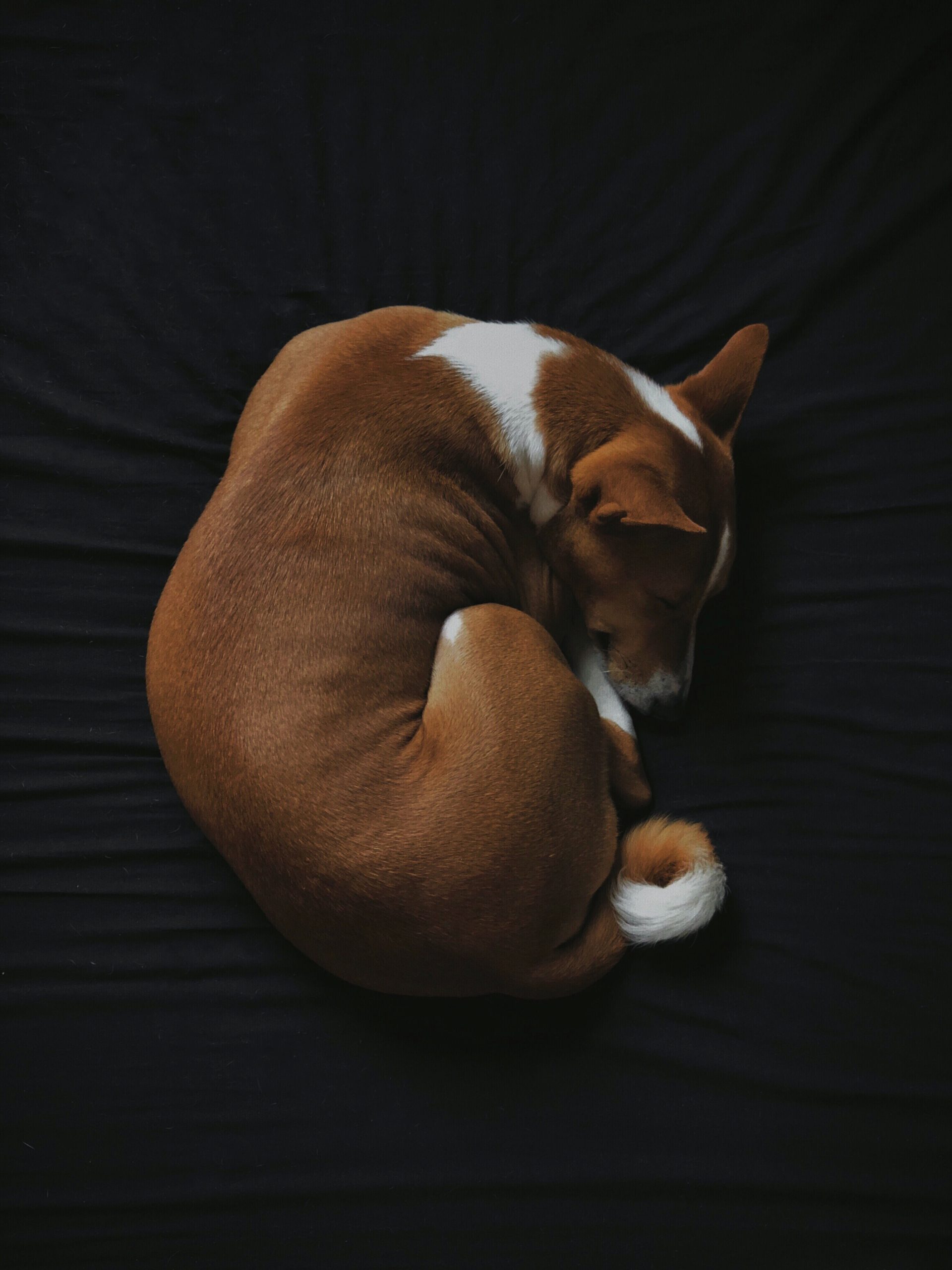The Ultimate Guide to Creating a Bedtime Routine for Your Dog
Establishing a consistent bedtime routine for dogs improves their sleep quality, reduces stress and anxiety, and enhances their overall well-being.
Why Establishing a Bedtime Routine is Vital for Dogs
The significance of establishing a bedtime routine for dogs cannot be overstated. Not only does it impact a dog’s sleep quality, but it also has a profound effect on their overall health and behavior. Establishing a bedtime routine for your dog can help them sleep better. For instance, a consistent bedtime routine can help dogs develop a sense of security and predictability, which can lead to reduced anxiety and stress, thereby contributing to their overall well-being. Moreover, by creating a regular bedtime routine, owners can influence the daily routines of their dogs, providing them with a sense of stability and comfort, which is essential for their mental and emotional health.
Furthermore, the establishment of a bedtime routine can also have a positive impact on the owners. By ensuring that their dogs sleep better and are more relaxed, owners are likely to experience improved sleep quality themselves, leading to a more harmonious relationship with their pets. This reciprocal benefit reinforces the importance of establishing and maintaining a consistent bedtime routine for dogs, as it not only improves their well-being but also enhances the bond between dogs and their owners.
The Elements of an Effective Bedtime Routine for Dogs
Establishing an effective bedtime routine for dogs involves more than just ensuring a specific time for sleep. It’s important to consider the activities leading up to bedtime, such as winding down playtime in the evening. For example, taking a leisurely walk or engaging in gentle play can help dogs release any remaining energy and transition into a calmer state before heading to bed. This not only aids in physical exhaustion but also provides mental stimulation, contributing to a more relaxed demeanor.
In addition to winding down playtime, creating a comfortable sleeping space for dogs is crucial. Whether it’s a cozy bed or a secure crate, having a designated area for sleep promotes a sense of security and comfort for the dog. This is particularly beneficial for dogs who may experience anxiety or restlessness at night, as a safe and familiar sleeping space can alleviate their worries and encourage a peaceful night’s rest. Furthermore, avoiding feeding dogs right before bedtime is essential to prevent discomfort or the need for bathroom breaks during the night, which can disrupt their sleep and lead to restlessness. By ensuring that dogs have an empty bladder and stomach before bedtime, owners can help facilitate an uninterrupted and tranquil sleep for their pets.
Strategies for Helping Dogs Relax at Bedtime
One effective strategy to help dogs relax at bedtime is to spend quality time with them before bedtime. This can include activities such as gentle grooming, cuddling, or even engaging in a calming play session. By doing so, dogs can feel more secure and reassured, fostering a stronger bond with their owners and promoting a sense of relaxation before bedtime.
Another beneficial technique is to take dogs for an extra walk in the evenings. This not only provides an opportunity for physical exercise but also helps in tiring them out, making it easier for them to settle down for the night. The physical activity during the evening walk can reduce pent-up energy and restlessness, contributing to a more peaceful bedtime routine for dogs.
In addition to spending quality time and evening walks, using calming treats with ingredients like chamomile or hemp can be an effective way to induce a state of calmness and relaxation in dogs. These treats can be given as a part of the bedtime routine, helping dogs to unwind and transition into a more restful state before settling down for the night.
Techniques for Calming Restless Dogs at Night
Identifying signs and reasons for restlessness in dogs at night is crucial in addressing potential underlying issues affecting their sleep. Restlessness in dogs can be caused by various factors such as lack of exercise, anxiety, medical issues, diet, and lack of routine. For example, a dog who hasn’t received enough mental stimulation during the day may exhibit restlessness at night as a way of releasing excess energy. Understanding these signs and reasons can help owners tailor their approach to calming their restless dogs, ensuring a more effective bedtime routine.
Implementing ways to calm down a dog before bedtime involves creating a conducive environment for relaxation. Providing a secure and comfy place to sleep, such as a cozy dog bed or a familiar crate, can help alleviate restlessness by offering a sense of security and comfort to the dog. Additionally, using calming scents like lavender or chamomile, and playing soft, soothing music can create a tranquil atmosphere that encourages relaxation and sleep. For instance, incorporating a routine of dimming the lights, playing calming music, and using a lavender-scented dog diffuser can signal to the dog that it’s time to wind down and relax before bedtime.
If a dog is still restless at night despite trying various calming techniques, seeking professional help is recommended to address any underlying health or behavioral concerns. A veterinarian or a behavior consultant can provide expert guidance and advice to identify and address the root cause of the restlessness, ensuring the well-being of the dog and promoting a restful night’s sleep for both the dog and the owner.
The Impact of a Consistent Bedtime Routine on Dogs’ Well-being
Establishing a consistent bedtime routine for dogs is vital for their overall well-being. Not only does it lead to reduced stress and anxiety in dogs, but it also promotes a happier and more stable demeanor in them. For example, a regular bedtime routine can create a sense of predictability and security for dogs, which in turn reduces their anxiety and helps them feel more comfortable and at ease.
In addition to reducing stress and anxiety, consistent bedtime routines significantly impact the sleep quality of dogs. This enhanced sleep quality contributes to better overall health, improved behavior, and reduced anxiety in dogs. For instance, when dogs consistently get enough sleep through a well-established routine, they are more likely to be well-rested, which positively affects their mood and behavior during the day. Moreover, an added benefit of a consistent bedtime routine is that it improves owners’ sleep quality and reduces disruptions in the household, leading to a more harmonious relationship with their pets. This is because when dogs are well-rested and content, they are less likely to exhibit disruptive behaviors during the night, allowing both the dogs and their owners to have a peaceful and restful night.
Final Thoughts on Establishing a Bedtime Routine for Dogs
Establishing a bedtime routine for dogs offers a multitude of benefits that significantly impact their overall well-being. Consistency in creating a routine for dogs leads to reduced stress and anxiety, contributing to their happiness and behavior. For example, by winding down playtime in the evening, dogs can relax and transition into a restful state before bedtime, which can lead to improved sleep quality and reduced restlessness at night. Additionally, providing a comfortable sleeping space for dogs, such as a cozy bed or crate, promotes a sense of security and relaxation, further enhancing their sleep experience.
Moreover, the impact of a consistent bedtime routine on dogs’ well-being is profound. Enhanced sleep quality contributes to better overall health, improved behavior, and reduced anxiety in dogs, thereby strengthening the bond between dogs and their owners. Furthermore, consistent routines lead to reduced stress and anxiety, promoting a happier and more stable demeanor in dogs, which in turn enhances the relationship between dogs and their owners. Therefore, dog owners are highly encouraged to establish and maintain a regular bedtime routine for their furry companions, as it not only benefits the dogs themselves but also contributes to a harmonious and fulfilling coexistence with their human counterparts.



